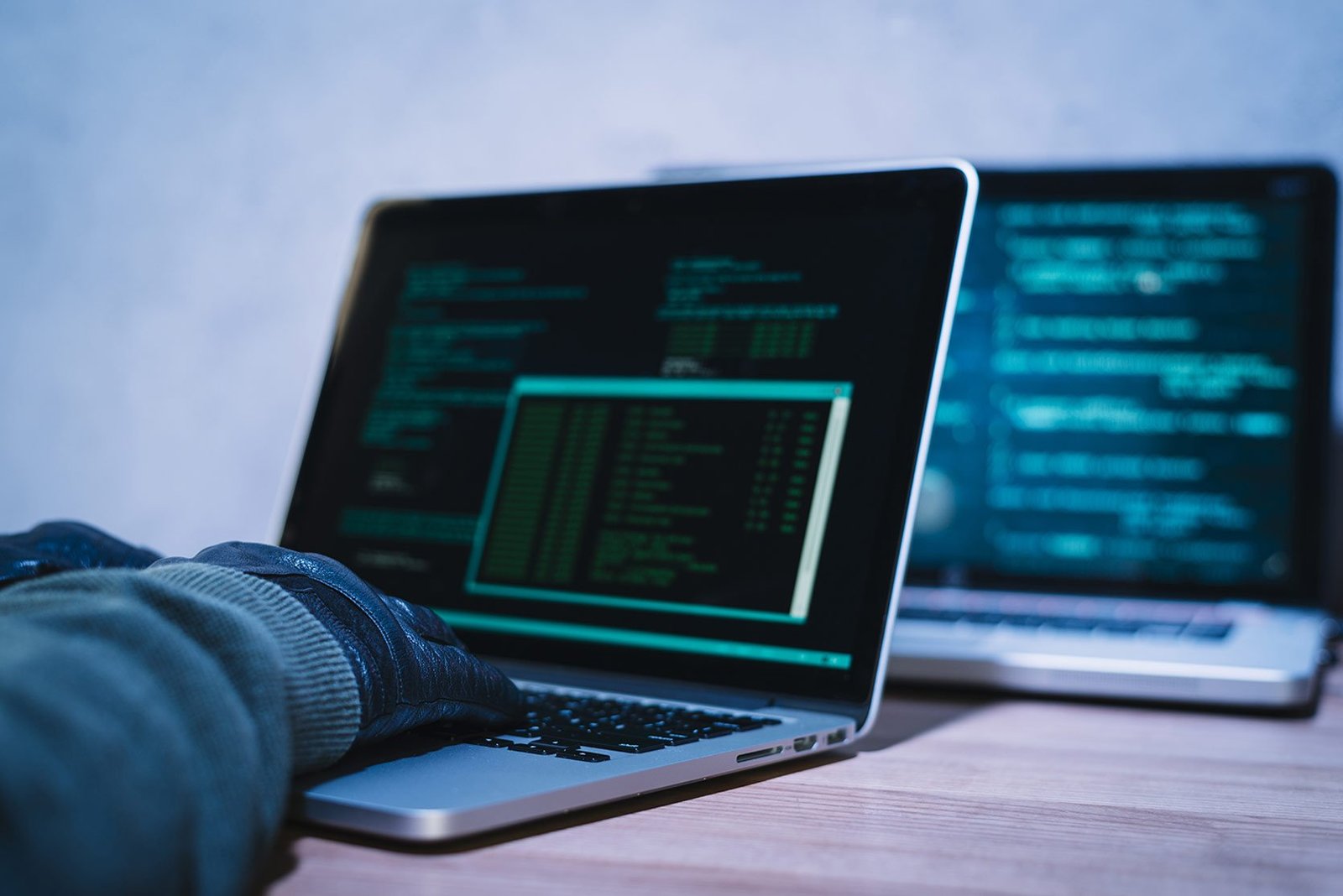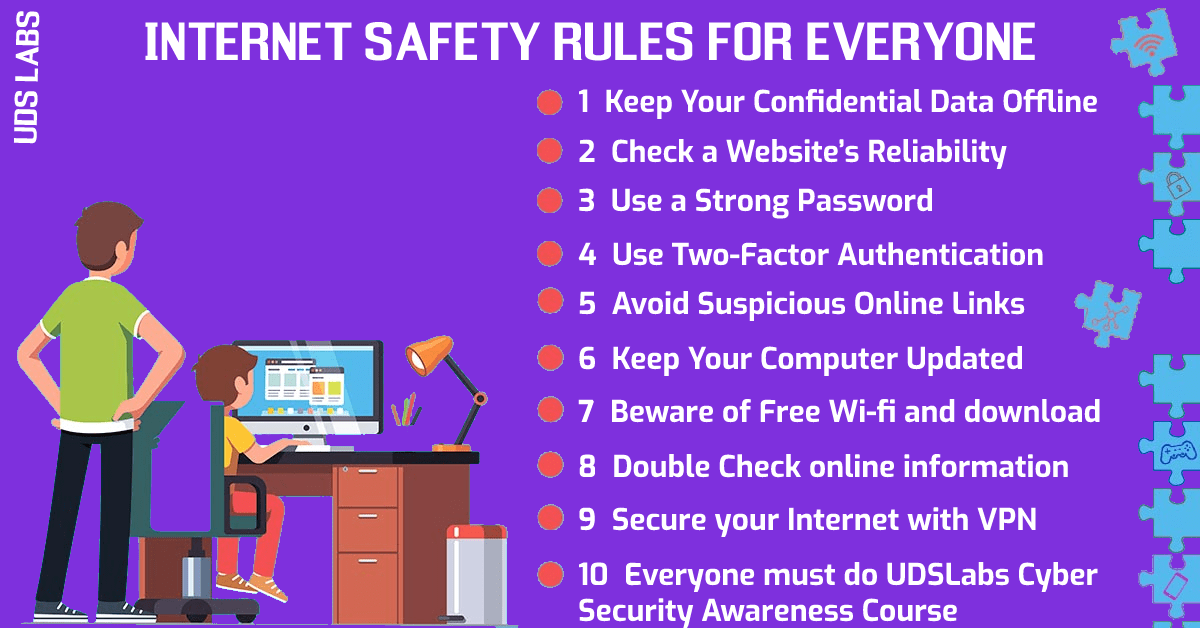A New VIRUS Highly Susceptible to Android
As the Traffic of Android Users in Mobile Banking Transaction is Quite High. Hackers have planted a New Malware named ‘EventBot’. This Malware having a high vulnerability especially to Mobile Banking and is capable of stealing not only Personal Information but also the Sensitive Data that users try to hide [...]











